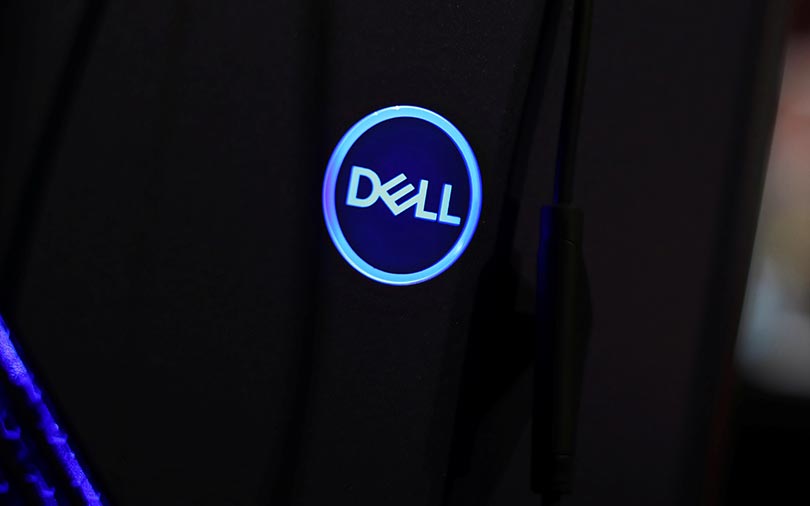
India using data much better than global counterparts: Dell EMC index


India has produced much less data than its global counterparts in the past year but it is one of the leaders at using this data to derive maximum actionable insights, according to the Dell EMC Data Protection Index 2018.
The third edition of the Dell EMC Data Protection Index has thrown a positive light onto how India manages, secures and uses its data as compared to its global counterparts.
The country has seen an increase in average enterprise data being managed from 2.8 petabytes in 2016 to 6.43 petabytes in 2018. But the amount of data Indian enterprises manage is still way below the global average of 9.70 petabytes. This translates to an increase of 130% in India, as compared to the global rate of 569%.

However, the country has made the maximum use of available data as compared to global standards.
“We are doing much better at a global level in terms of monetising available data. India has a 47% rate of monetising data while the global average is only 36%,” Ripu Daman Singh Bajwa, director and general manager for data protection solutions at Dell EMC, told TechCircle.
Another interesting revelation is that India jumped eight places to the first spot in the maturity ranking for data security. The criteria for this ranking was the total percentage of polled CXOs who were also security leaders.

The points for maturity were awarded based on the number of shorter recovery times, confidence in backup infrastructure, modern backup systems and higher valuation of data.
Compared to 2016, when India only had 1% of the global security leaders, the country now has 30% of the security leaders.
“The increase in data security leaders is significant for India. There is a huge change in the way they go about demonstrating data protection, adopting the right tool and technologies, monetising the data and making them more secure,” said Bajwa.

Wary of new challenges
However, Bajwa said that India needs to be wary of new challenges, the biggest of which is the advent of new environments such as DevOps and multiple cloud platforms, where there is an urgent need to protect data moving between different models.
“There is a need to protect data that is moving between the public cloud and the private cloud and there is always the challenge of increased complexity of the data in circulation that needs to be secured,” said Bajwa.

The data leaders will have the task of ensuring data moves seamlessly through all three levels of the edge, core and the cloud.
Enterprises need to ensure that data collection goes along with the adopted data policies and there is consistency in security so that the data can be recovered in time to allow businesses to sustain the competitive advantage,” Bajwa said.
Of all the respondents, 93% said that they see the potential that data holds and are aware that they have critical data-capital that needs to be protected and be recoverable.

The Data Protection Index took inputs from more than 2,200 IT decision makers across the Americas, Asia-Pacific, Europe, the Middle East and Africa. It also showed that 76% of the companies used more than two data protection vendors, which indicates increased importance of data security.
Worrisome stats
India also had a few worrisome figures, with 51% of those polled having experienced unexpected downtime and 34% having suffered data loss at some point over the past year.

Leaders also seemed to lack full confidence in their data protection solutions, with 25% not being very confident they can fully recover systems and data and 68% saying the current suite of solutions won’t let them meet all future business challenges.
Bajwa said that data privacy has become centre stage, rather than an insurance for companies.
“Before implementing a data solution you need to know where and how you are going to recover the data. Planning, execution and protection go hand-in-hand,” said Bajwa.
“Organisations who are not doing it won’t be on the right side of the curve as data protection determines their competitive positioning,” he warned.
